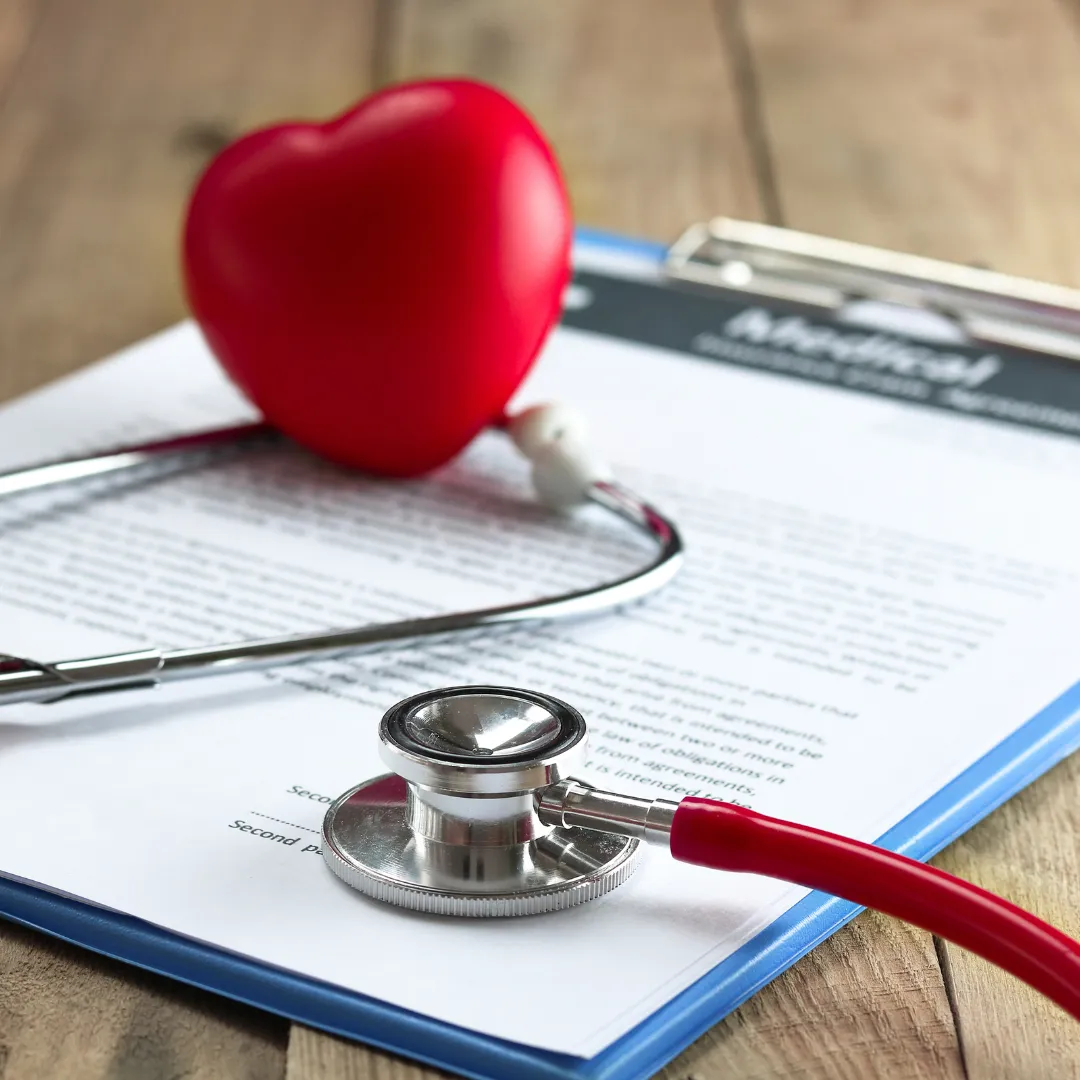
Swollen Legs: What It Means
Swollen Legs and What Your Body Might Be Telling You
Is Leg Swelling Something to Worry About?
Many people notice their feet or ankles getting puffy after a long day, especially if they have been standing or walking a lot.
This kind of swelling is quite common and can be harmless.
But if the swelling starts to last longer, spread up the legs, or feel uncomfortable, it might be a sign of something more serious.
Sometimes, leg swelling is linked to circulation problems, heart issues, or kidney function.
In some cases, other symptoms like a chronic cough, weight gain, or changes in urination might also appear and they all matter.
Your body often sends quiet warning signs. The key is to pay attention early and get checked if things don’t feel right.

When Swelling Becomes a Daily Thing
At first, swelling might only show up in the evening, especially if you have been on your feet all day.
This is usually because fluid collects in your lower legs when you are standing or sitting for too long.
But if the swelling starts happening earlier in the day, or doesn’t go away overnight, it could mean your body is struggling to get rid of extra fluid.
Over time, swelling that spreads from the ankles up to the legs may be linked to poor circulation or a weakened heart.
If your shoes feel tight, walking feels harder, or the skin around your ankles looks shiny or stretched, don’t ignore it.
These are early signs your body might be holding onto too much fluid and it's worth getting it checked.
A Cough That Has Been Around Too Long
A cough that sticks around for years, especially one that brings up mucus is not normal, even if you have had it since childhood.
If you often cough first thing in the morning or bring up thick, unpleasant phlegm, it could be a sign your lungs aren’t working well.
In some cases, people even notice bright red streaks of blood in the mucus, especially after a chest cold this needs medical attention.
Bad lung health doesn’t just affect your breathing, it can put extra pressure on your heart, which might lead to leg swelling.
The lungs and heart work as a team. If one struggles, the other often does too.
So if you have both swollen legs and a chronic cough, the two could be connected and it’s important to look at the whole picture.

The Little Things That Matter
Sometimes, your body gives off quiet signals that are easy to ignore.
For example, you might notice:
Your clothes feeling tighter even if you haven’t eaten more.
You’re using the toilet more, especially waking up at night to pee (which wasn’t a habit before).
Your appetite is poor, or you feel a bit sick sometimes, even though you don’t vomit.
These symptoms may not seem connected, but together, they suggest your body is holding onto extra fluid or working harder than it should.
Even loose stools or mild tummy upset can point to a bigger issue.
When these smaller changes show up alongside leg swelling or chronic cough, it’s your body’s way of asking for help.
When Water Tablets Aren’t Enough
Doctors often prescribe “water tablets” (diuretics) to help reduce swelling by helping the body get rid of extra fluid.
At first, these pills usually work well, your ankles look better, and shoes fit more comfortably.
But over time, you might notice the swelling comes back or doesn’t improve as much.
That’s because water tablets only treat the symptom, not the underlying cause.
If the swelling keeps getting worse or spreads up the legs, it could be a sign that:
The heart isn’t pumping well
The kidneys are under strain
Or the lungs are making it harder for blood to flow properly
When that happens, it’s time to look deeper, not just increase the dose or try new tablets. Your doctor may need to investigate further.
Conclusion: Listen to What Your Body Is Telling You
Swollen legs might seem like a small issue at first, but when they come with other signs like a cough, tiredness, or changes in your body, they could be pointing to something more serious.
It is always better to check early than wait until things get worse. Your body is always talking to you; you just have to listen.
Have you ever dealt with leg swelling or similar symptoms?
We’d love to hear your story in the comments below.
If you found this post helpful, share it with a friend or loved one, it might help them spot early signs too.